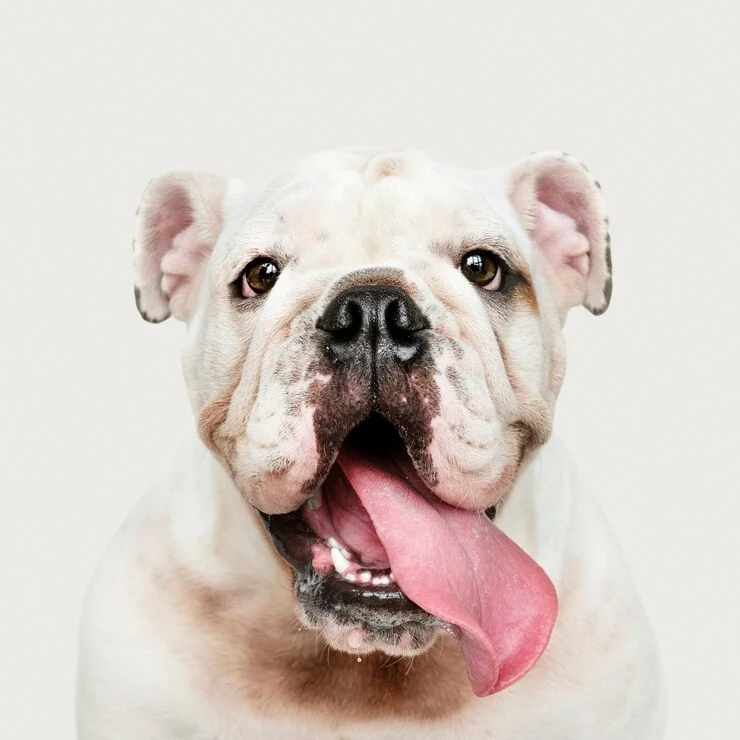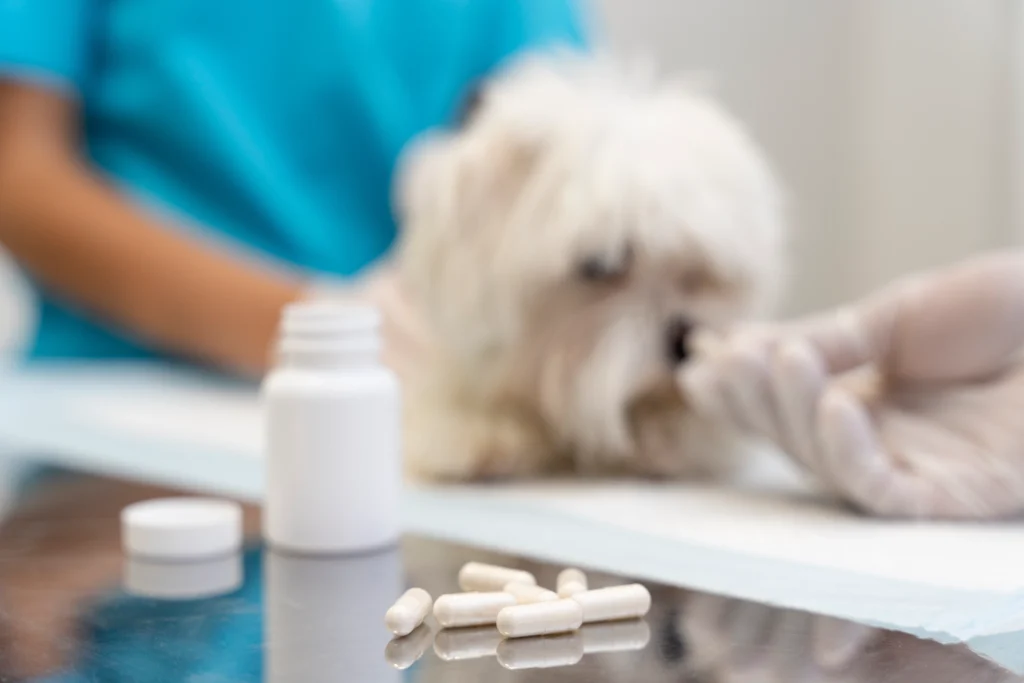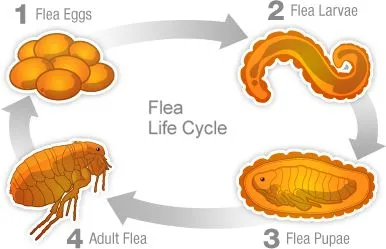Is Sourdough Bread Safe for Dogs?
At times, the urge to share a meal with our loyal canine companions can be irresistible. Those hopeful eyes, wagging tails, and endearing expressions make it hard to resist slipping a tidbit from our plate under the table. However, it’s crucial to remember that not all human foods are safe for dogs. Sourdough bread, a beloved staple among many, falls into the category of foods that can be harmful to our furry friends. In this comprehensive guide, we will explore why sourdough bread is bad for dogs, the potential risks it poses, and how to ensure your canine companion enjoys a safe and healthy diet.
Understanding the Risks
Yeast and Bloat
Sourdough bread is prepared with the help of yeast, and this innocent-sounding ingredient can spell trouble for your dog’s digestive system. If your pup consumes uncooked dough, it can lead to a dangerous situation. The yeast in the dough may expand in their gastrointestinal tract, causing bloating. Dr. Lou Anne Wolfe from Will Rogers Animal Hospital in Oklahoma warns that this can be uncomfortable and potentially harmful to your furry friend.
Vulus (GDV Gastric Dilatation-Vol)
One of the most concerning risks associated with sourdough bread consumption in dogs is gastric dilatation-volvulus, commonly known as bloat. Dr. Jo Ann Morrison, DVM, DACVIM, a senior manager of medical quality advancement for Banfield Pet Hospital, points out that sourdough bread, like many human foods, can expand in your dog’s stomach, leading to bloating, pain, and vomiting. GDV is a severe condition where the stomach fills with gas and twists, causing immense pain and potentially deadly complications, such as pressure on the diaphragm, tissue damage, spleen torsion, or blocked blood flow to the heart.
Recognizing Signs of Bloat in Dogs
- Distended abdomen
- Unsuccessful attempts to vomit
- Restlessness
- Excessive drooling
- Pacing
- Rapid heart rate
- Weakness
If your dog exhibits any of these symptoms, it’s imperative to contact your veterinarian immediately. Be prepared to provide information about your dog’s recent diet to help your vet make informed decisions about your pup’s condition.

Alcohol Poisoning
Yeast fermentation in a dog’s stomach can also lead to alcohol production. Dr. Morrison further cautions that this alcohol can be toxic to dogs. The severity of the effects depends on factors like your dog’s size, health, weight, and the amount of sourdough bread consumed. Symptoms of alcohol poisoning in dogs may include a drop in blood sugar, body temperature, and blood pressure.
Recognizing Signs of Canine Alcohol Poisoning
- Staggering or loss of coordination
- Vomiting
- Diarrhea
- Lethargy
- Seizures
- Collapse
If your dog displays these symptoms, contact your veterinarian immediately, and provide details about your dog’s recent food and drink intake.
A Balanced Diet for Your Canine Companion
Just as excessive bread consumption isn’t advisable for humans, the same holds true for our canine companions, provided they don’t have specific allergies. Even a single ingredient in bread, such as wheat, can lead to stomach upset in dogs. Furthermore, bread doesn’t offer substantial nutritional value, making it an unnecessary component of their daily diet. In fact, overindulgence in bread of any kind can contribute to obesity in dogs.
Preventing Problems with Bread
To ensure your furry friend remains healthy and happy, follow these guidelines:
- Limit Bread Intake: Keep your dog’s bread consumption to a minimum. Occasional small bites or crumbs as a treat are acceptable, but avoid making it a regular occurrence.
- Watch for Allergies: Be vigilant for any signs of allergies or digestive issues when introducing new foods, including bread, into your dog’s diet.
- Balanced Diet: Focus on providing your dog with a well-balanced diet tailored to their specific nutritional needs. Consult with your veterinarian to determine the best diet for your pup.
- Moderation is Key: Moderation should be your guiding principle when it comes to sharing human food with your dog. Stick to foods that are known to be safe for canine consumption.
Conclusion
In conclusion, while sharing your love through treats is a beautiful gesture, it’s crucial to prioritize your dog’s health and well-being. Sourdough bread, due to its yeast content, poses significant risks to your furry friend’s digestive system and overall health. By following these guidelines and being mindful of what you feed your canine companion, you can ensure they lead a healthy and happy life, free from the potential hazards of certain human foods. Your dog’s well-being is our top priority






















